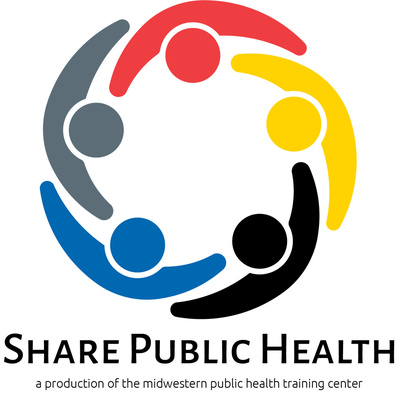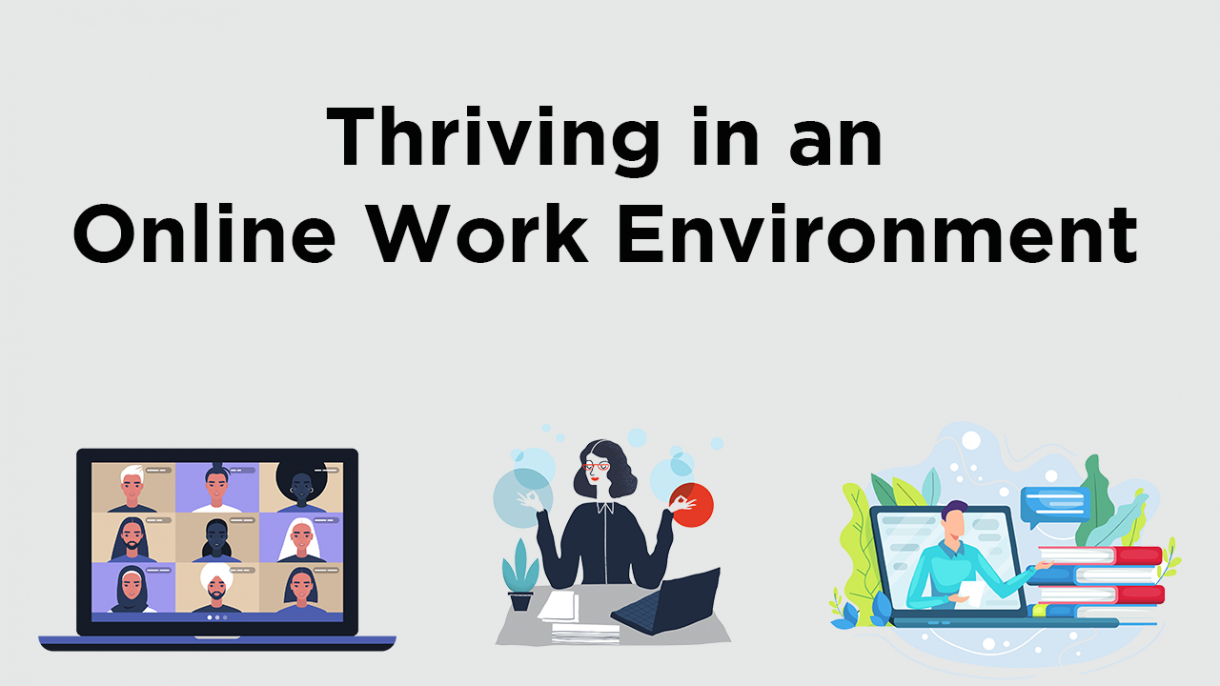Course Summary
The University of Iowa College of Public Health's Upper Midwest Public Health Training Center (UMPHTC), in cooperation with the Iowa Counties Public Health Association (ICPHA), has developed a series of practiced-based educational programs targeted toward new public health administrators and nursing administrators. The programs are part of the Institute's continuing effort to provide training to strengthen the skills and knowledge of the current public health workforce. The purpose of the course is to cover topics that are especially relevant to new public health administrators. It is hoped that by the end of the course participants will have enhanced the knowledge, skills, and abilities they need to be a successful public health administrator.
Consists of a one hour video segment which is accessible via video streaming technology. PowerPoint slides of the presentation are provided in PDF format. Participants will be assessed through practice exercises and an online post-test.
Intended Audience
public health administrators and nurse administrators who are relatively new in their positions (3 years or less) and who seek to enhance their skills and knowledge
Learning Objectives:
After conclusion of this course, you will be able to:
- Discusscauses of disease and protection/prevention measures
- Listcomponents of the public health system
- Describethe Ten Essential Services and the three core functions of public health
- Discusschallenges for the public health system
Pre-requisites/Learning Level
No pre-requisites
Competencies addressed
Competencies identified
Domain 1: Analytical/Assessment Skills
- 1A1. Describes factors affecting the health of a community (e.g., equity, income, education, environment).
- 1B1. Describes factors affecting the health of a community (e.g., equity, income, education, environment).
- 1C1. Describes factors affecting the health of a community (e.g., equity, income, education, environment).
Domain 2: Policy Development/Program Planning Skills
- 2A5. Identifies current trends (e.g., health, fiscal, social, political, environmental) affecting the health of a community
- 2A7. Describes implications of policies, programs, and services
- 2B7. Examines the feasibility (e.g., fiscal, social, political, legal, geographic) and implications of policies, programs, and services
- 2B8. Recommends policies, programs, and services for implementation
- 2A9. Explains the importance of evaluations for improving policies, programs, and services
- 2B10. Explains the importance of evaluations for improving policies, programs, and services
- 2C11. Explains the importance of evaluations for improving policies, programs, and services
- 2A12. Describes how public health informatics is used in developing, implementing, evaluating, and improving policies, programs, and services (e.g., integrated data systems, electronic reporting, knowledge management systems, geographic information systems).
Domain 3: Communication Skills
- 3A8. Describes the roles of governmental public health, health care, and other partners in improving the health of a community
- 3B8. Describes the roles of governmental public health, health care, and other partners in improving the health of a community
- 3C8. Describes the roles of governmental public health, health care, and other partners in improving the health of a community
Domain 4: Cultural Competency Skills
- 4C5. Advocates for the diversity of individuals and populations being addressed in policies, programs and services to improve the health of a community
Domain 5: Community Dimensions of Practice Skills
- 5A1. Describes the programs and services provided by governmental and non-governmental organizations to improve the health of a community
- 5B1. Distinguishes the roles and responsibilities of governmental and non-governmental organizations in providing programs and services to improve the health of a community
Domain 6: Public Health Sciences Skills
- 6A1. Describes the scientific foundation of the field of public health
- 6B1. Discusses the scientific foundation of the field of public health
- 6C1. Critiques the scientific foundation of the field of public health
- 6A2. Identifies prominent events in the history of public health (e.g., smallpox eradication, development of vaccinations, infectious disease control, safe drinking water, emphasis on hygiene and hand washing, access to health care for people with disabilities)
- 6B2. Describes how prominent events in the history of public health (e.g., smallpox eradication, development of vaccinations, infectious disease control, safe drinking water, emphasis on hygiene and hand washing, access to health care for people with disabilities)
- 6C2. Explains lessons to be learned from prominent events in the history of public health (e.g., smallpox eradication, development of vaccinations, infectious disease control, safe drinking water, emphasis on hygiene and hand washing, access to health care for people with disabilities)
- 6A3. Describes how public health sciences (e.g., biostatistics, epidemiology, environmental health sciences, health services administration, social and behavioral sciences, and public health informatics) are used in the delivery of the 10 Essential Public Health Services
- 6B3. Applies public health sciences (e.g., biostatistics, epidemiology, environmental health sciences, health services administration, social and behavioral sciences, and public health informatics) in the delivery of the 10 Essential Public Health Services
- 6C3. Ensures public health sciences (e.g., biostatics, epidemiology, environmental health services, and social and behavioral sciences, and public health informatics) are applied in the delivery of the 10 Essential Public Health Services
Domain 7: Financial Planning and Management Skills
- 7A1. Describes the structures, functions, and authorizations of governmental public health programs and organizations
- 7B1. Explains the structures, functions, and authorizations of governmental public health programs and organizations
- 7A2. Describes government agencies with authority to impact the health of a community
- 7A10. Describes how teams help achieve program and organizational goals (e.g., the value of different disciplines, sectors, skills, experiences, and perspectives; scope of work and timeline).
Domain 8: Leadership and Systems Thinking Skills
CEUs Offered
None
Cost
Free
Modality/format
Online Self-Pace
Length
1 hour
Presenter(s) and/or Content Experts
Christopher Atchison, BA, MPA
Technical requirements:
Registration requirements
Register a free account
Creation and/or update
October 15, 2013
- 8A1. Incorporates ethical standards of practice (e.g., Public Health Code of Ethics) into all interactions with individuals, organizations, and communities
- 8A2. Describes public health as part of a larger inter-related system of organizations that influence the health of populations at local, national, and global levels
- 8A3. Describes the ways public health, health care, and other organizations can work together or individually to impact the health of a community
- 8B3. Explains the ways public health, health care, and other organizations can work together to individually to impact the health of a community
- 8A5. Identifies internal and external facilitators and barriers that may affect the delivery of the 10 Essential Public Health Services (e.g., using root cause analysis and other quality improvement methods and tools, problem solving)
- 8A6. Describes needs for professional development (e.g., training, mentoring, peer advising, coaching)
- 8A9. Describes ways to improve individual and program performance
- 8B10. Advocates for the role of public health in providing population health services
-
8C10. Advocates for the role of public health in providing population health services
- Adobe Acrobat Reader
- Flash Player
- Speakers



